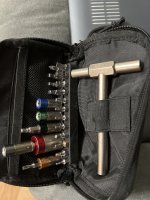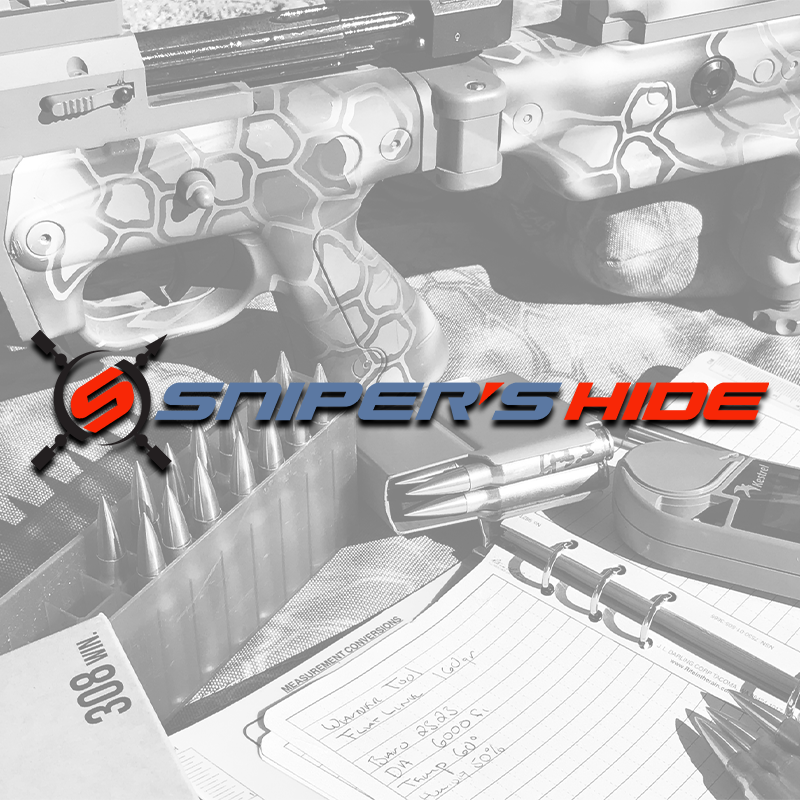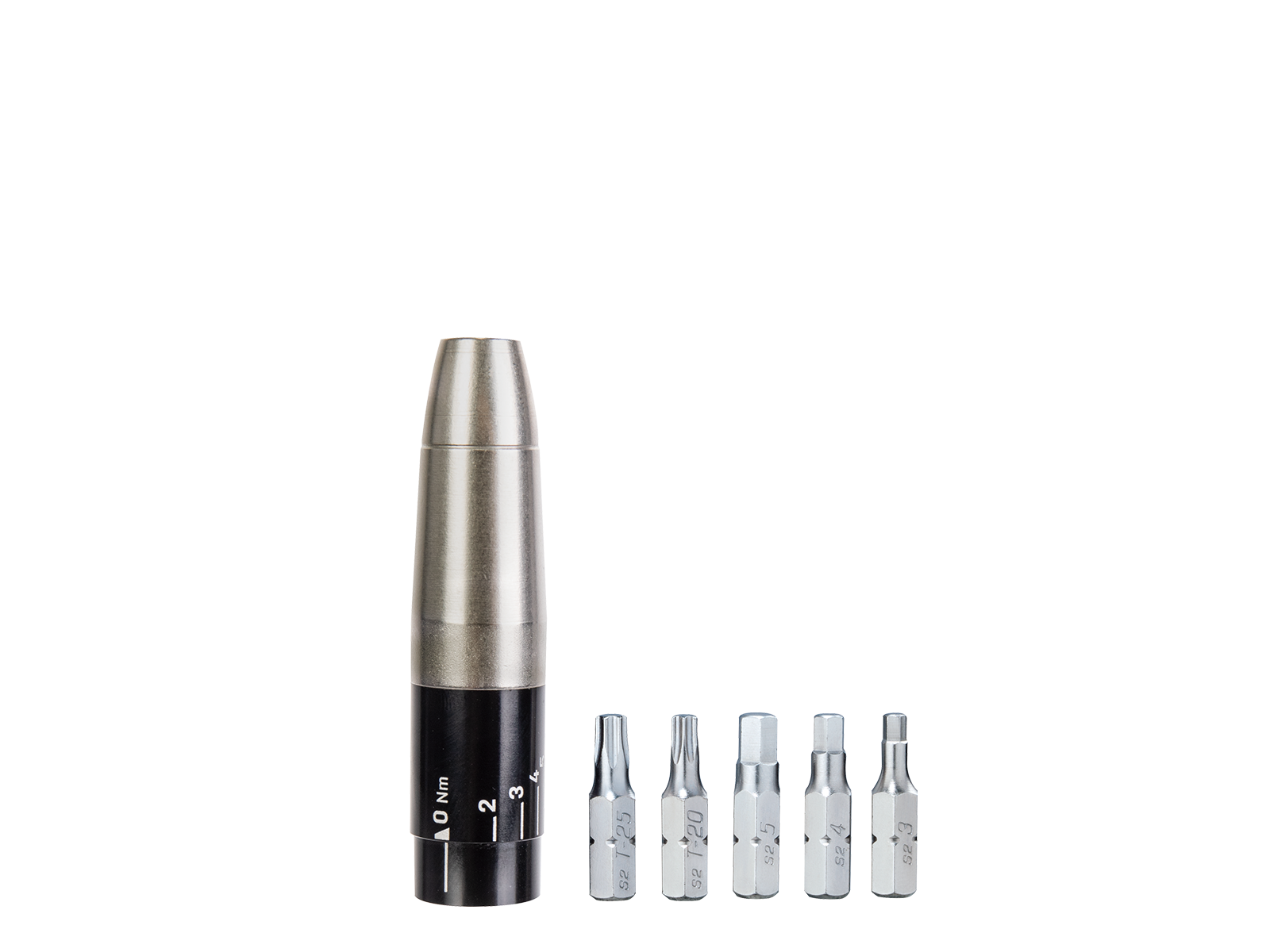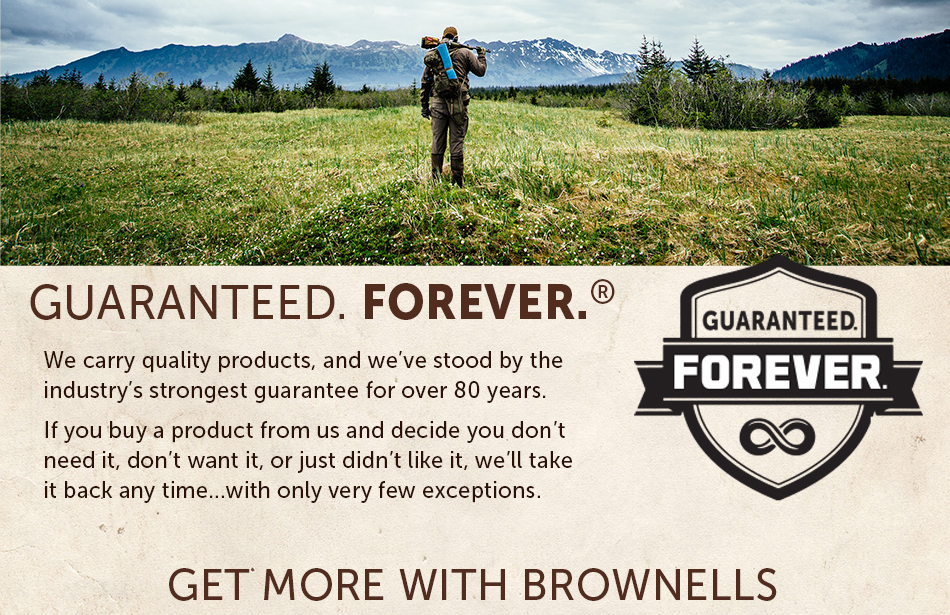Got a wheeler fat wrench. Good thing I first tried it on the scope mount (to the pic rail) and not the scope itself, because it's definitely messed up. Anything above the very lowest setting takes considerable force to turn. Full disclaimer, I bought it on Amazon. Maybe it's fake? But why fake a $30 product?
Anything good out there, preferably made in America (or at least not in China)? Not trying to spend an arm and a leg but I also realize you get what you pay for.
Anything good out there, preferably made in America (or at least not in China)? Not trying to spend an arm and a leg but I also realize you get what you pay for.







